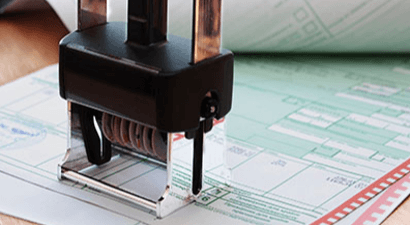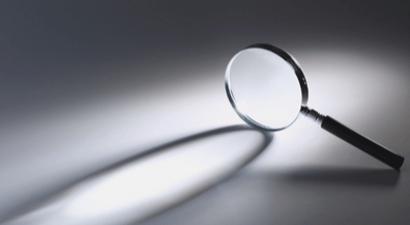Government Revenue Shortfall Rings the Alarm Bells
On 17 June, Finance Minister Nhlanhla Nene stated that the South African revenue collection was poor because of weak economic growth which, in turn, had led to increased government debt accumulation. This means that South Africa is faced with a double deficit as the country’s balance of payments on imports versus exports then also results in a deficit.
Aside from the economic concerns, the alarm bells should be ringing for tax payers as the South African Revenue Service (SARS) will now have to staisfy the government's need for revenue. Due to the fact that normal revenue collection is not meeting government demand, one might forsee abnormal measures being taken over time such as fuel price increases (in order to raise a special tax) or an increase in rates of tax.
In the short term, it is far more likely that SARS will be instructed to improve its collections. SARS will no doubt look at areas of potential non-compliance or high-risk activities under fiscal legislation in order to collect additional revenue. SARS will thus strengthen its hunt for potential offenders under declaration of duty and/or other non-compliance with the view to raising not only duties, but also penalties, under the Customs and Excise Act, and amounts in lieu of forfeiture of the goods. Similar projects may also be launched by SARS under other revenue legislation with regards to income tax and VAT.
Taxpayers, importers, exporters, warehouseman, licensed removers, container operators, container depots, rebate stores and clearing and forwarding businesses would do well to urgently review their business operations to ensure compliance and to make sure that they are not a possible target for the collection of additional revenues. The same can be said of high risk industries such as clothing and textile, alcohol and tobacco.





